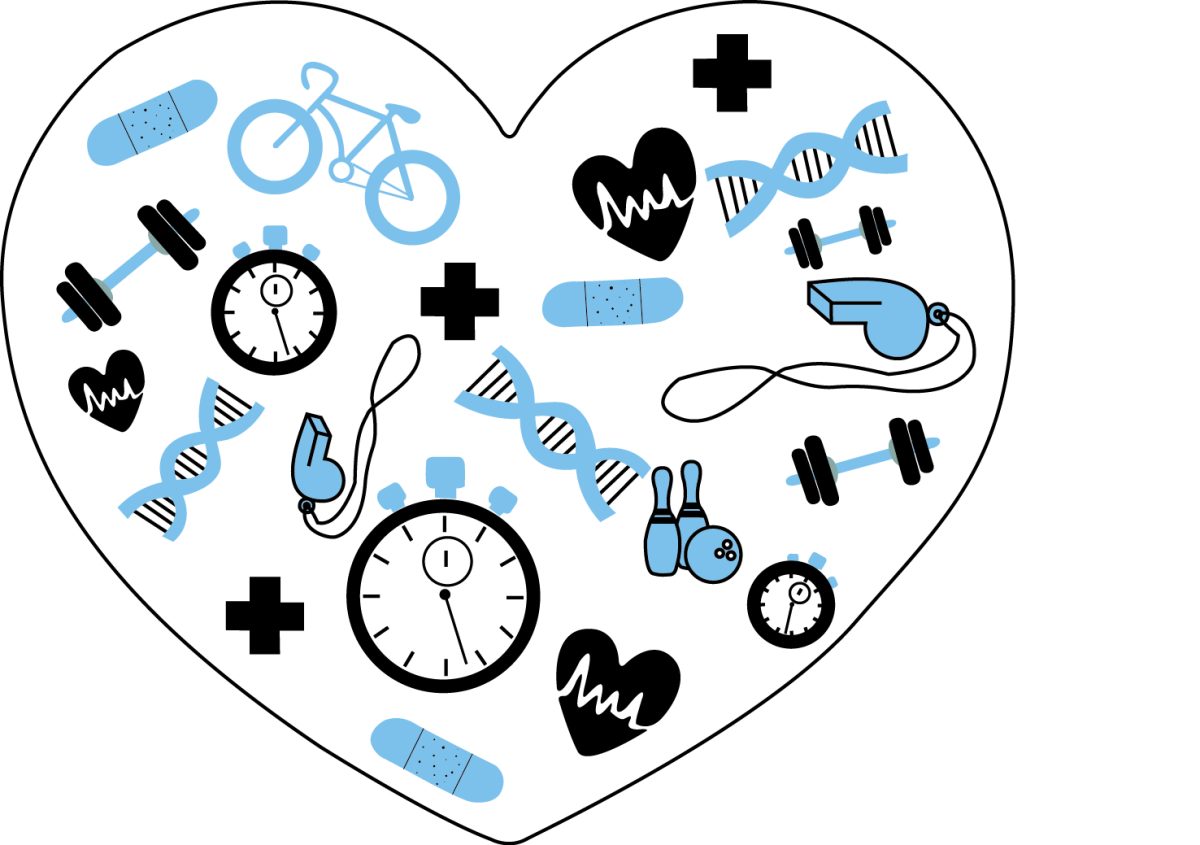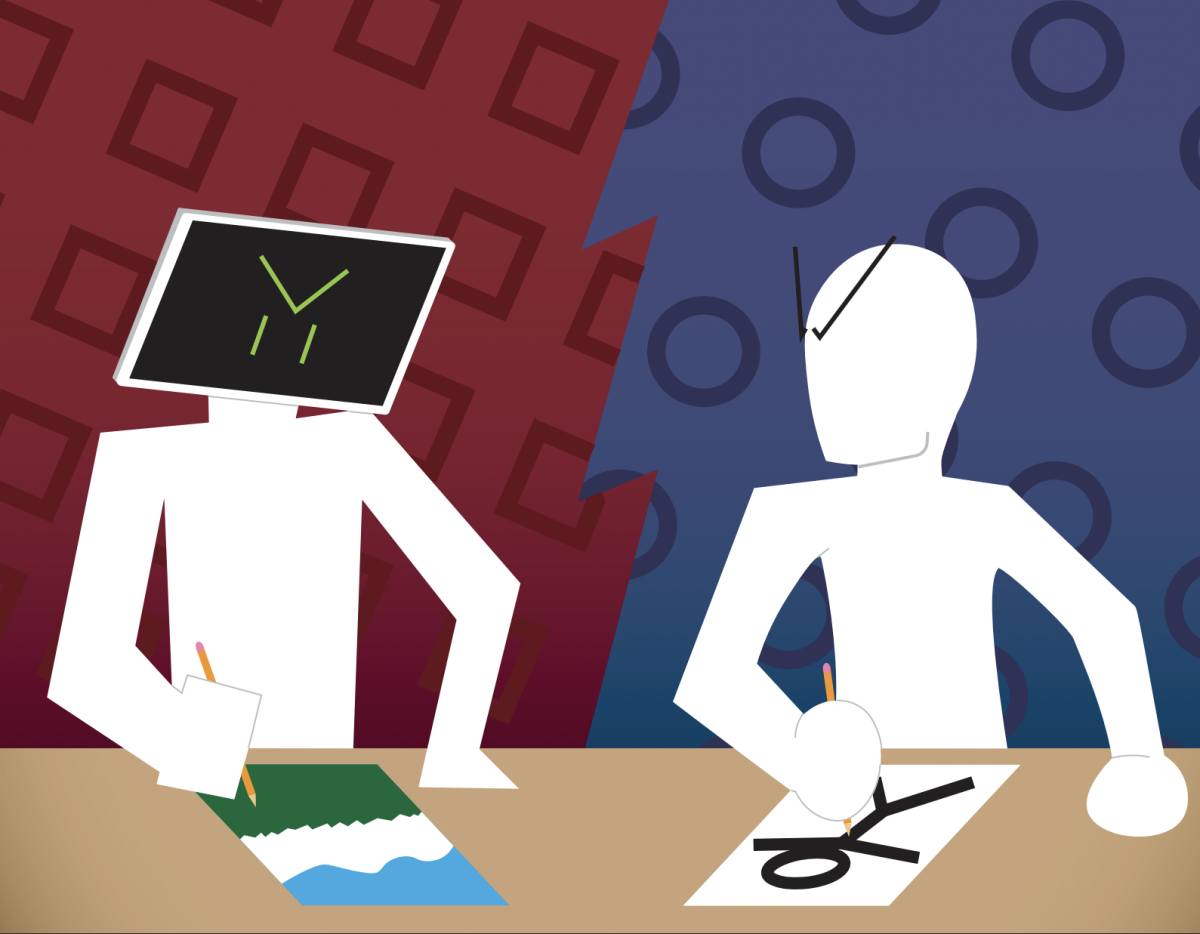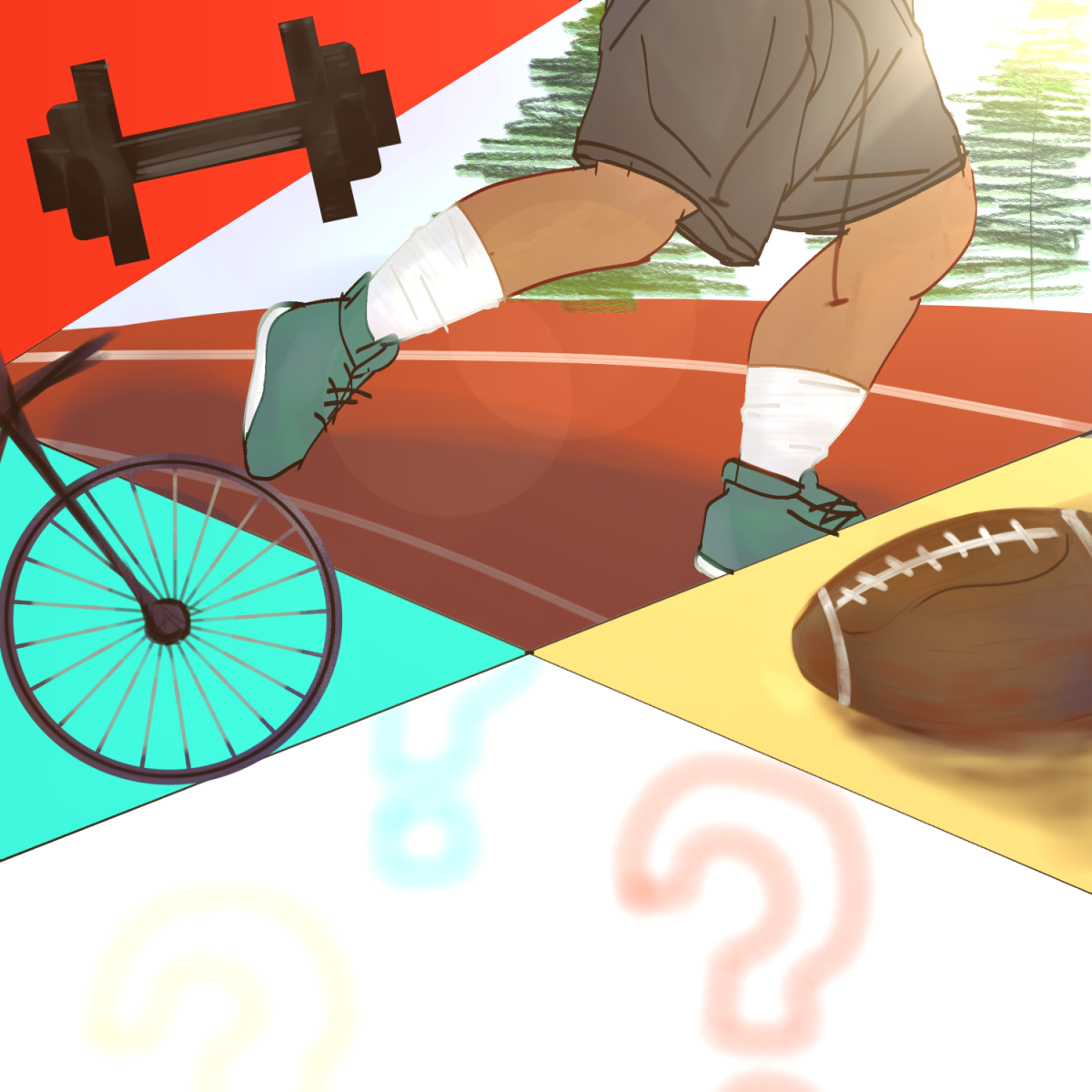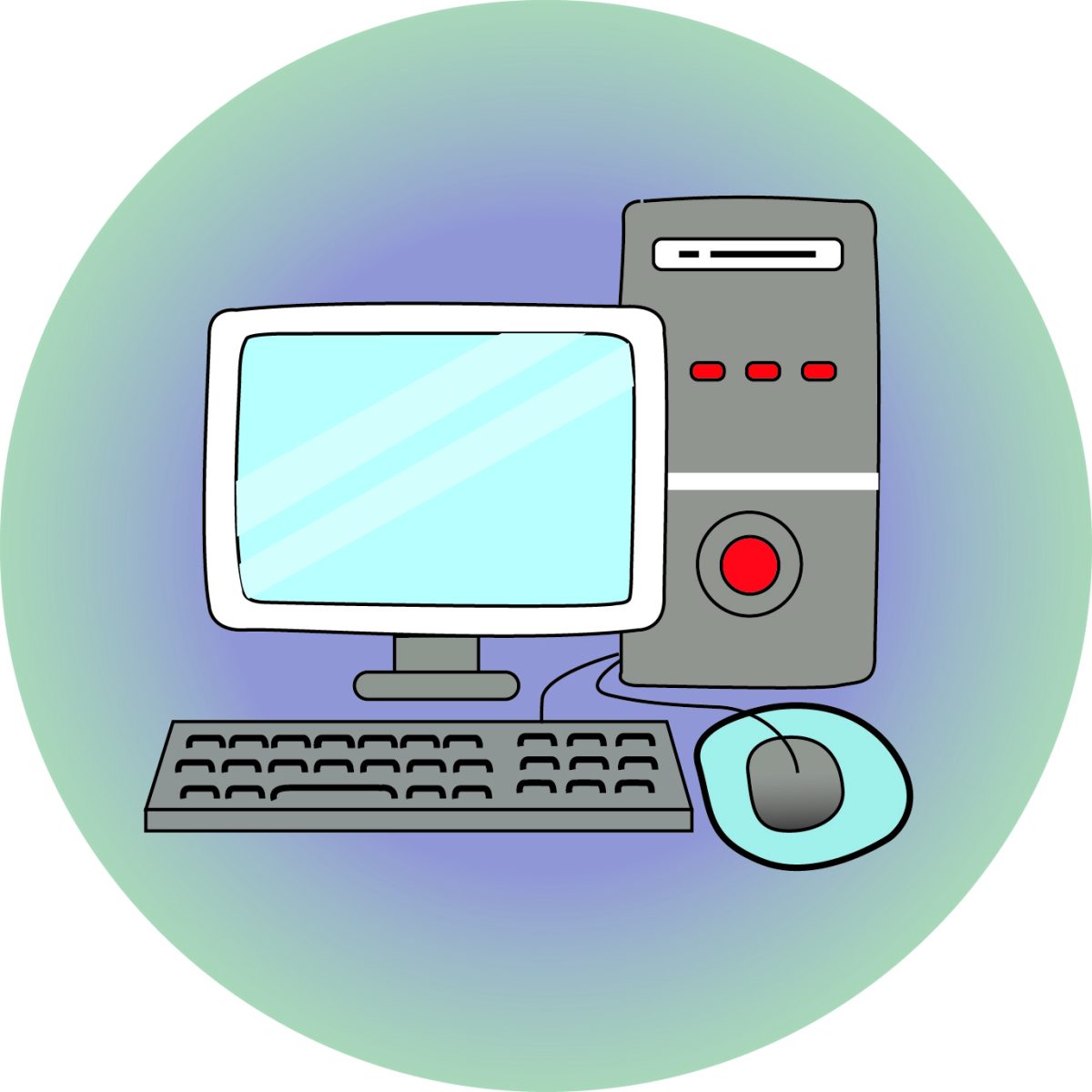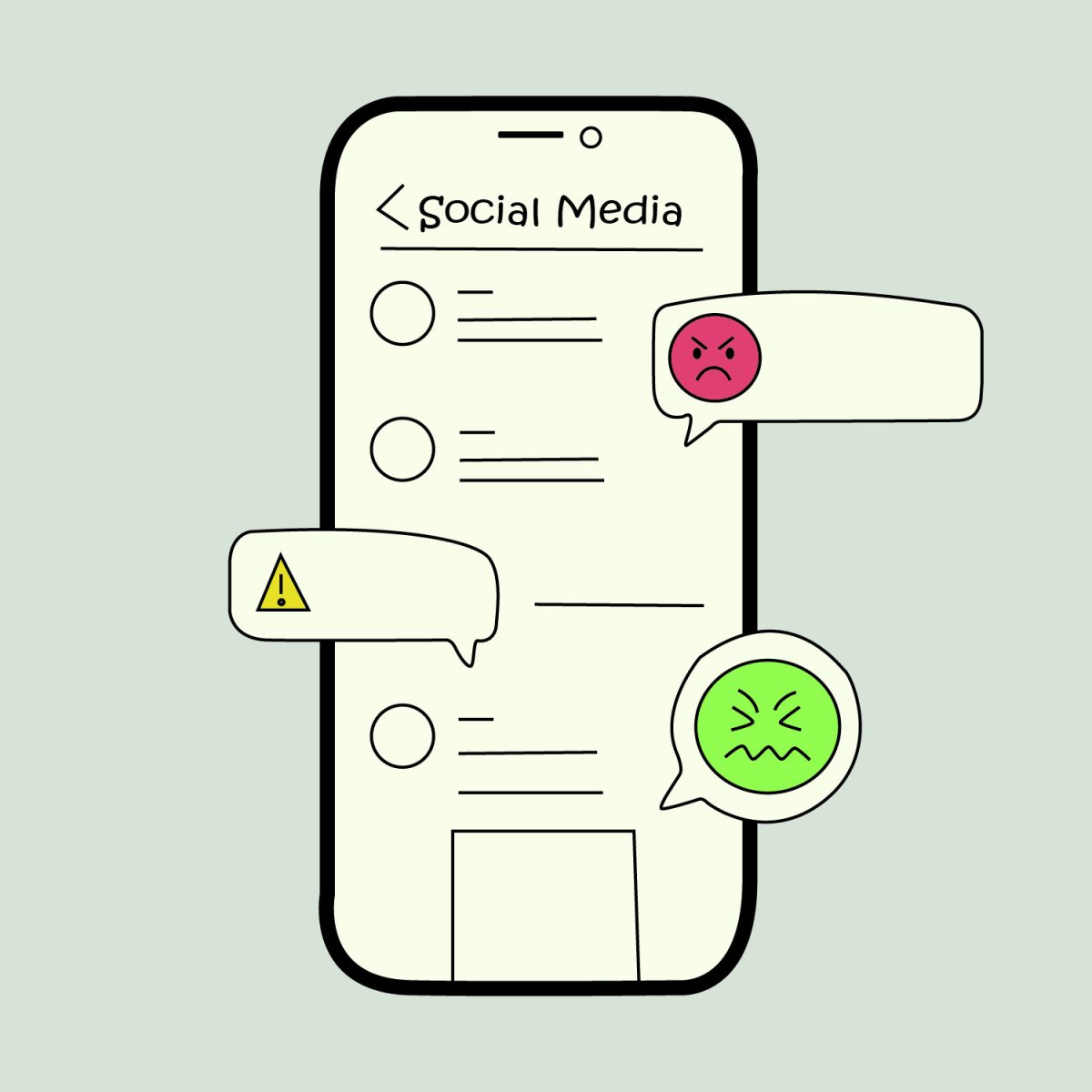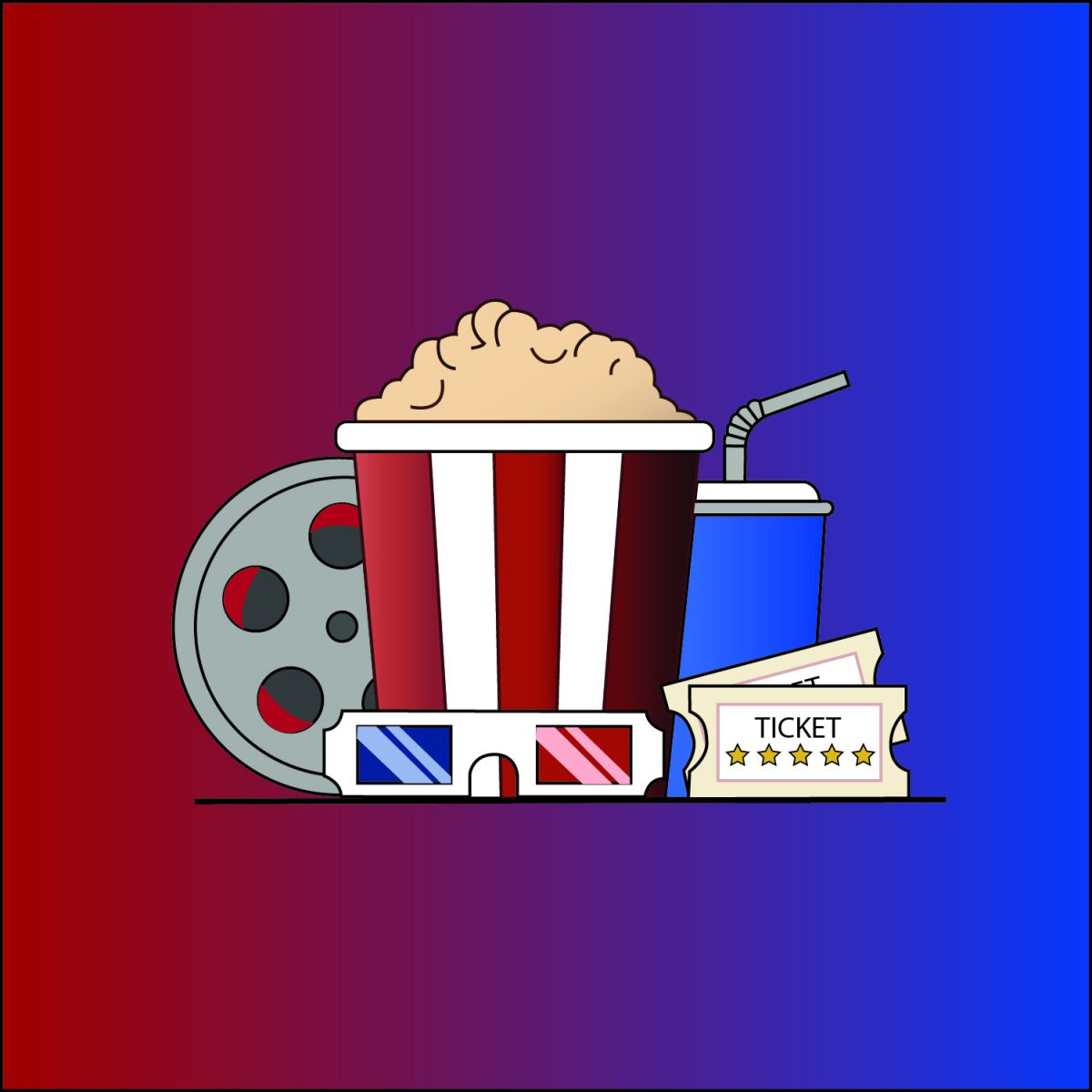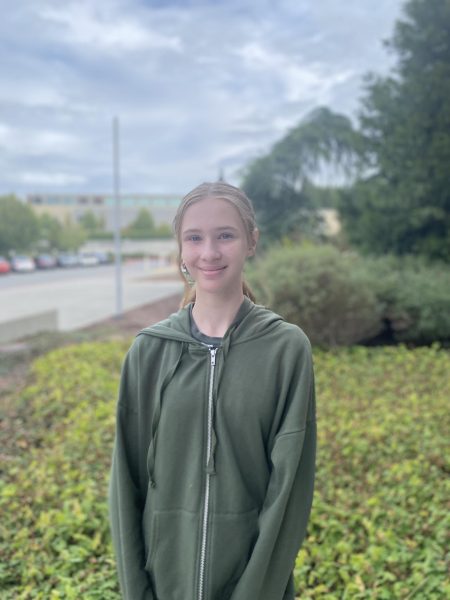Career day in elementary school. Police officers, superheroes, bakers, doctors, and hotdogs fill the board. Your dream job might have changed in the past couple of years as you realize the salaries and years of school required for certain jobs, and the last thing we want is 20 more years of school. However, if your dream job remains a doctor or any medical profession, you might want to check out Sports Medicine.
Sports Medicine, otherwise known as Sports Med, is a class offered to 10th, 11th, and 12th graders at IHS, and it teaches students about human anatomy and how to treat and prevent injuries. Some of the most useful and interesting skills include how to wrap a wrist, rehabilitation skills, taping, detecting, and caring for injuries. Junior Alyssa Wang, a student in advanced Sports Medicine, says, “There’s some things in the class that like you just wouldn’t know otherwise.” She then continues to say, “Our teacher does like little tips each week, and I think that’s really cool to know.” Junior Hannah Mason, in advanced Sports Medicine, agrees and states, “We learn a lot of taping, we go over a lot of medical terms, and we also get Tips with Todd, which is basically life advice.”
But what exactly is Sports Medicine, besides a class? According to Crystal Run Healthcare, “Sports Medicine (sometimes called ‘sports and exercise medicine’) is a medical specialty that deals with the treatment and prevention of injuries related to sports and fitness.” There is a lot of amazing information you can learn about injuries, treatments, and anatomy in this class. Senior Allison Witecki, the co-president of the Sports Medicine club and student in the advanced Sports Medicine class, says, “I personally really enjoy the hands-on practice that we get, so whether that be taping or the physical therapy techniques that we learn, and I’ve been so grateful for the opportunity to compete with our Sports Medicine program and really expand on those skills.”
Physical therapists, pediatricians, nurses, and cardiologists are just a few of the careers that Sports Medicine could help you achieve. Indeed Career Advice lists 10 popular Sports Medicine careers, which are as follows: exercise physiologists, athletic trainers, orthopedic nurses, kinesiotherapists, physical therapists, sports psychologists, sports medicine nurses, physiatrists, primary care sports medicine physicians, and orthopedic surgeons. Pursuing a medical career is demanding work, but in most cases, it pays off. Quite literally, as Salary.com says primary care sports medicine physicians receive a national average salary of $159,530 per year. If you would like to know more about incomes for Sports Medicine careers, please go to Indeed Career Advice, where salaries are listed directly below the career name.
Mason aspires to be a cardiologist. Witecki is “interested in pursuing a career in physical therapy.” Sports medicine has helped her achieve her goal to be a cardiologist. Mason explains, “It provides lots of help with med terms, which you need to get through medical school, hours, so you can get used to getting a lot of work done, even though it might take a bit out of your day.” Additionally, Sports Med teacher Todd Parsons, remarked that multiple of his students were interested in medical occupations. In the Intro to Sports Med class, he guesses about 50 percent of the students strive to achieve medical professions. Parsons states, “I mean, it’s probably higher than 50 percent, but Intro to Sports Med is really meant to just kinda explore this stuff and see if this is something that you might be interested in. Then when you get into the advanced Sports Med classes, those are the really into it, die-hard sort of people. Those ones, the percentage might be as high as 90 percent on any given year. They’re pretty driven towards those sorts of things.” He then continues to say, “I think the best part about Sports Medicine is that it’s going to apply to any of the medical professions, because we are simply just using sports as the lens to learn about the human body. And so, if you’re interested in medicine, then absolutely, we’re going to learn all the different parts of the human body. And then we’re going to take medicine and learn how to break it and put it back together again.” Witecki mentions, “Sports medicine provides me with so many opportunities to learn more in different realms of medicine, so that could be anatomy, like, different literal/physical techniques, and all other realms of treatment, especially working hands on with our athletes.”
As well as being interested in a medical career, Mason was encouraged to take the class because of Parsons. In fact, many students mentioned what a great teacher he is. Mason says, “Mr. Parsons, he’s an amazing teacher, and I love the material.” Junior Silas Sneath, an advanced Sports Medicine student, agrees, saying, “Yeah, Mr. Parsons is a great teacher. He’s really kind. He’s really open. He definitely cares about you.”
Why do students choose to continue Sports Medicine after taking the intro class? Mason simply states, “’Cause it’s awesome.” She then goes on to say, “When my friends ask me random medical facts, I can tell them what I know, and then tell them to seek professional medical help.” Wang says, “I really liked like the content and the way the teacher teaches it, and in the future, I probably want to do something more like medicine-based, and I thought it was really fun, and kept doing it.” Witecki says, “I love how Sports Med allows me to continue pursuing my passion for medicine and building a close family.” She later continues, “I think if others have any interest at all about pursuing medicine, they should take the class, at least the intro class, because it’s so fun, and you meet so many new people that are also like-minded and want to expand their knowledge of medicine, and the teachers are amazing, and they make the class super engaging.”
What about the club? Witecki comments, “I think especially Issaquah Sports Medicine club is such an amazing program and I wish more people, a lot of students, I think one in ten Issaquah students are involved in the Sports Medicine program in some way, but I think it is, it would be an amazing opportunity for so many people, that like, even if they’re not directly interested in pursuing medicine could gain a lot from the class.” She later continues to say, “We have a variety of activities, so that includes like the history of sports medicine, and we’ve done a lot of practical, like hands-on skills, so whether that’s like reflex testing, we’ve done a couple tape jobs, and we play nice fun games that are still related to the content, and we’re really focused on also helping students expand their abilities to pursue their passion, so, we’ll like help put out information on different internships, just so that even outside of the classroom, the club itself, they are able to keep growing.” Mason, who also participates in the club, says, “We go over materials. Sometimes it’s anatomy, sometimes it’s taping, it’s just a lot of fun in general.” Additionally, Sneath comments, “We also do some trivia things, we do some Kahoots, we do some things like that. Then we also learn some new things, like the other day we were learning about reflexes.” The Sports Medicine club meets in room 1608 on Mondays from 3 to 3:30 p.m.
Why should students join the club or take the class? Students should take this class to expand their knowledge and receive a better understanding of medicine. It is fun, informative, and engaging. Sneath remarks, “It’s a really fun thing that everyone should do.” He then continues, “I think it has a lot of ability for people to do fun things that they might like not figured out like that they might want to do later in life so they figure it out early in life, and they can maybe pursue that passion.” Parsons answers, “I think anybody who is interested in like has a deep passion for like helping other people, or being the person that’s the problem solver, and, and trying to help people recover from things, like that’s the, that’s the person who is probably gonna love Sports Medicine.”
Why is Sports Med important? It teaches students valuable information regarding injuries, treatments, and more. It also inspires a greater passion for the study of medicine. According to Stephen S. Chen: Sports Medicine, “Sports medicine is important because it helps athletes maintain their health and prevent injuries.” In addition, Major Chiropractics says, “Sports medicine helps prevent injuries and ushers a speedy recovery for athletes and is beneficial because it offers exclusive care, innovative treatment options, preventative care and maintenance, and heightened performance.”
Our Sports Medicine students also have the option to compete with other schools using their knowledge learned from Sports Medicine. We have won nationals for the past 10 years. Keep it up, Eagles! For more information about Sports Medicine, please talk to one of the Sports Medicine teachers, such as Parsons or Joseph Nguyen or go to the Sports Medicine club.

